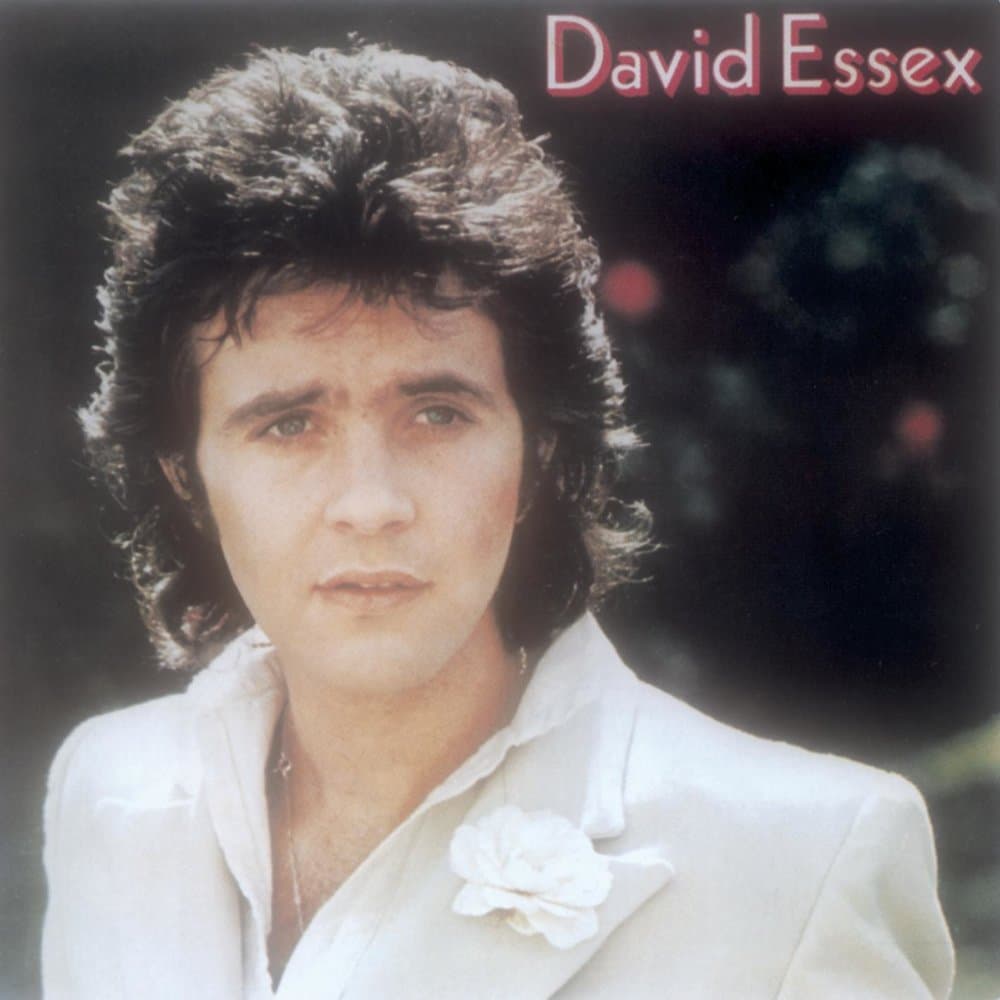
A Nostalgic Ode to Rock and Roll’s Enduring Spirit
This isn’t just a song; it’s a sonic snapshot of the early 70s, a time of glam rock, burgeoning youth culture, and a yearning for something more. “Rock On,” released in 1973, isn’t your typical rock anthem. It’s moodier, more introspective, with a touch of the mystical. It’s a song that lingers in the memory, conjuring images of smoky backrooms, dimly lit stages, and the raw energy of early rock and roll.
The song, written by David Essex himself and produced by Jeff Wayne, quickly resonated with audiences on both sides of the Atlantic. In the UK, it climbed to number 3 on the charts, spending an impressive 11 weeks within the UK Singles Chart. Its impact crossed borders, reaching number 1 in Canada and peaking at number 5 on the U.S. Billboard Hot 100 in 1974, marking Essex’s sole Top 40 hit in the States. This chart success cemented “Rock On’s” place in music history, proving its appeal wasn’t confined to any single demographic or region. It was a global phenomenon.
“Rock On” isn’t simply a celebration of rock and roll; it’s a reflection on its essence. The lyrics, sparse yet evocative, paint a picture of searching and longing. The repeated phrase “Rock On” acts as both an affirmation and a question, a call to the very soul of the music. It speaks to the timeless appeal of rock and roll, its power to transcend generations and connect with something deep within the human spirit. The song’s minimalist arrangement, featuring a prominent bassline and echoing vocals, creates an almost hypnotic atmosphere. This unique sound, blending elements of glam rock, rockabilly, and even hints of dub, set it apart from the typical rock fare of the time. It was innovative, daring, and utterly captivating.
The song also featured in the soundtrack of the 1973 film That’ll Be The Day, in which Essex also starred, further cementing its place in popular culture. The film, exploring the lives of young rockers in the late 50s and early 60s, perfectly complemented the song’s nostalgic and reflective tone. It’s a song that takes you back, not just to a specific time, but to a feeling, a state of mind. It’s the feeling of youthful rebellion, of searching for your place in the world, of being swept away by the power of music.
The song’s legacy is further amplified by its numerous covers over the years. Notably, Michael Damian’s 1989 version topped the Billboard Hot 100, bringing “Rock On” to a new generation. Def Leppard also put their own spin on the track in 2006, demonstrating its continued relevance and adaptability. These covers, while different in style, all capture the core essence of the original: a tribute to the enduring spirit of rock and roll.
For many, especially those who lived through the 70s, “Rock On” is more than just a song. It’s a memory, a soundtrack to a specific time in their lives. It’s a reminder of the power of music to transport us, to connect us, and to remind us of who we are. It’s a song that invites introspection, a quiet contemplation on the enduring power of rock and roll. It’s a classic, a timeless piece of music that continues to resonate with listeners today. So, let’s “Rock On” and remember the magic.